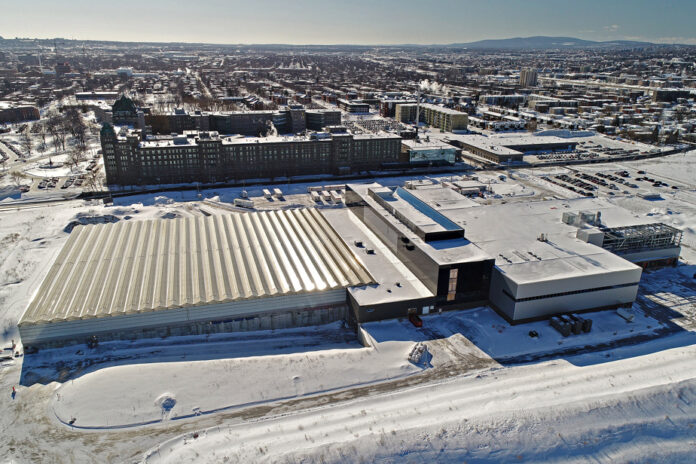An important file remains to be resolved despite the partial takeover of Medicago: that of the unfinished complex of the defunct biopharmaceutical company in Quebec, which is still vacant.
In the hope of moving things forward, the Legault government has just awarded two over-the-counter contracts, including one to a former vice-president of its investing arm.
The Ministry of Economy, Innovation and Energy turned to Didier Leconte, vice-president, investment, life sciences and technology, at Investissement Québec (IQ) until last May, and Max Felhmann, who was notably founding president and CEO of the Néomed Institute.
These two consultants will pocket $100,000 each.
The Ministry of the Economy justifies this decision by the absence of internal expertise and affirms that the contract to Mr. Leconte complies with the rules in force because the latter was not a civil servant, but an employee of a company. ‘State.
“The objective is to structure a promising life sciences initiative in vacant infrastructures which have not yet been completed and which have been designed for a single use in order to make it an economically viable and structuring project for the region of Quebec”, asserts Jean-Pierre D’Auteuil, spokesperson for the Ministry, in an email.
It was not possible to speak to Mr. Leconte, who now describes himself as a “strategic advisor” in the life sciences niche. By email, he stressed that he left IQ on May 31 in a “harmonious” manner. The consultant says he was contacted by the Ministry of the Economy in this matter.
Medicago announced, in 2015, the construction of a new complex of 44,000 square meters (approximately 475,000 square feet) in the Estimauville sector to manufacture plant-based vaccines. There was to be a factory, a greenhouse, a research and development center as well as administrative offices. The debacle caused by Mitsubishi is giving Quebec and Ottawa a hard time, who are trying to find a new vocation for the place.
Last spring, a recovery plan was presented to Quebec and Ottawa by four organizations – Research Center of the CHU of Quebec-Université Laval, the National Optical Institute (INO), Université Laval and Québec International – established in the National Capital.
This quartet is still waiting.
“There has been nothing new since INO announced its intention […] to collaborate in public initiatives aimed at giving a second life to Medicago buildings,” says the organization’s spokesperson Mathieu Bilodeau.
At the Ministry of the Economy, we limit ourselves to saying that the consultants explored “several project proposals” and “business models”.
This is not the first time that a Mitsubishi project on Quebec soil has fizzled out. In May 2020, the conglomerate shut down its aeronautical engineering center in Boisbriand less than a year after its opening. The company had obtained a loan of 12 million from the Legault government to establish itself in the Laurentians.
Part of the loan had been disbursed by Investissement Québec, but this sum was reimbursed in “totality” by Mitsubishi, assures the Ministry.















